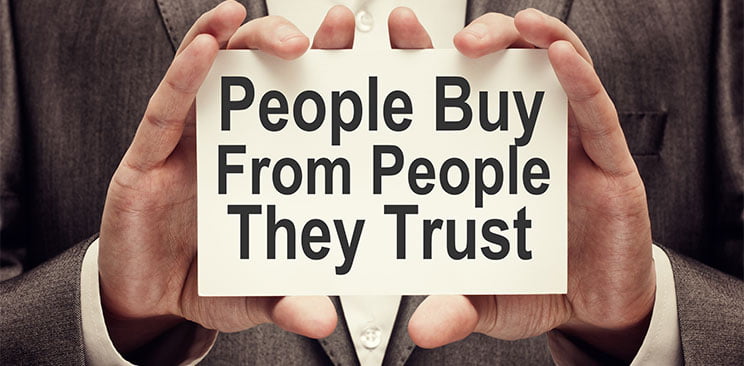A new Roy Morgan survey that compares ratings of trust and distrust has ranked ALDI and IGA well ahead of the big two supermarket brands.
The landmark study shows that any measurement of trust is only truthful when distrust is also measured and one is subtracted from the other, according to Roy Morgan Research CEO Michele Levine, who says this is the only way to reveal an accurate measure of trust – a ‘net trust score’ (NTS).
“Looking exclusively at customer satisfaction or a customer’s willingness to recommend a brand is like looking only at the shiny side of a coin,” she said.
“What about the other side? The negative side. No one measures that. It’s only when we’re really unhappy with a brand that we change our behaviour, so our corporate leaders need to measure people’s distrust as well as their trust.”
The Roy Morgan Net Trust survey identified Australia’s most trusted and least trusted industry sectors. Categories with a positive NTS are retail, travel, charities and medical. Categories with a negative NTS are banks, telecommunications, utilities, mining and petroleum, media, government, insurance, FMCG, real estate/property development and gambling.
The survey also looked at individual brands. Brands with a positive NTS have a strong positive sentiment base among Australian consumers (and relatively low negative sentiment) from which to generate growth and brand value.
| The top-10 brands with a positive NTS (in alphabetical order) |
The top-10 brands with a negative NTS (in alphabetical order) |
||
| ABC | JB Hi-Fi | Adani | NAB |
| ALDI | Kmart | ANZ | NBN |
| Bendigo Bank | NRMA | CBA | Optus |
| Bunnings | Qantas | Coles | Telstra |
| IGA | Toyota | Westpac | |
Ms Levine says Australia’s big two supermarket brands are a significant omission for the most trusted list.
“Greed, dishonesty and the poor treatment of suppliers all surface as reasons why Australians distrust the big two,” she said.
According to the research, the top driver of trust is customer service, followed by honesty, ethical behaviour/integrity, and previous good experience with a company.
The main drivers of distrust coalesce around the belief that brands are greedy, put their profits before customers, and are unethical or corrupt.
“What this study shows is that trust is not just a marketing tactic or ‘comms’ issue,” Ms Levine said. “It’s a governance and corporate-culture strategy. Trust requires a leadership to embrace and exhibit ethics. In other words, not just to plan how to behave, but to believe it – deeply. On company boards and in the executive ranks.
“The imperative for company directors on the boards of Australia’s biggest companies is to appoint ethics committees to sit proudly beside the risk committee, finance committee and the other critical determinants of governance and corporate culture.
“Brands cannot even start to build trust until they recognise and work to decrease distrust.”


